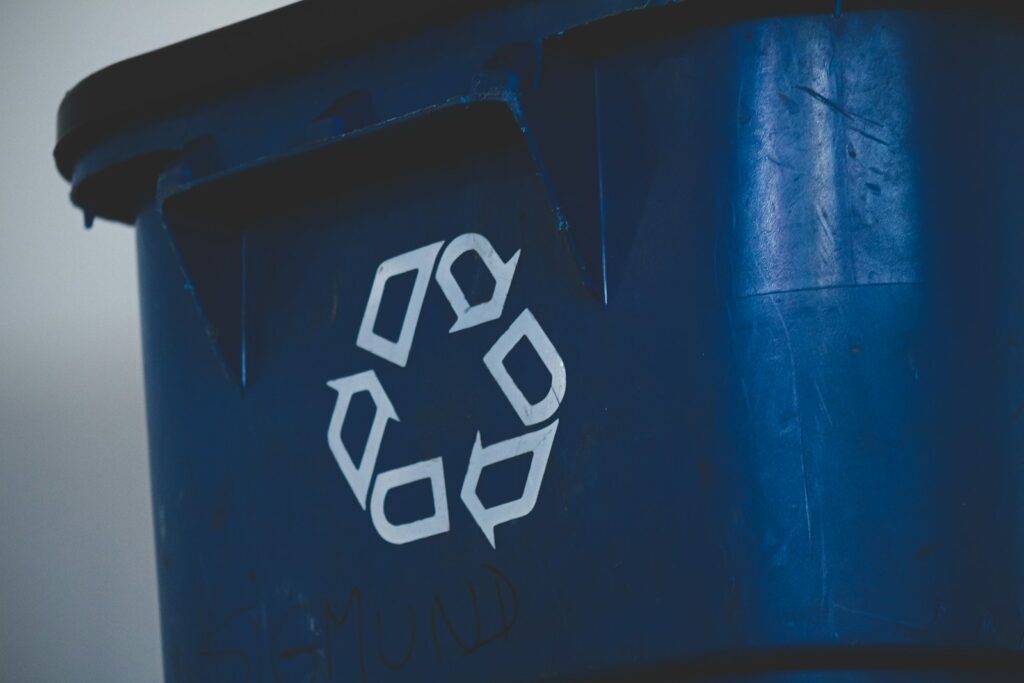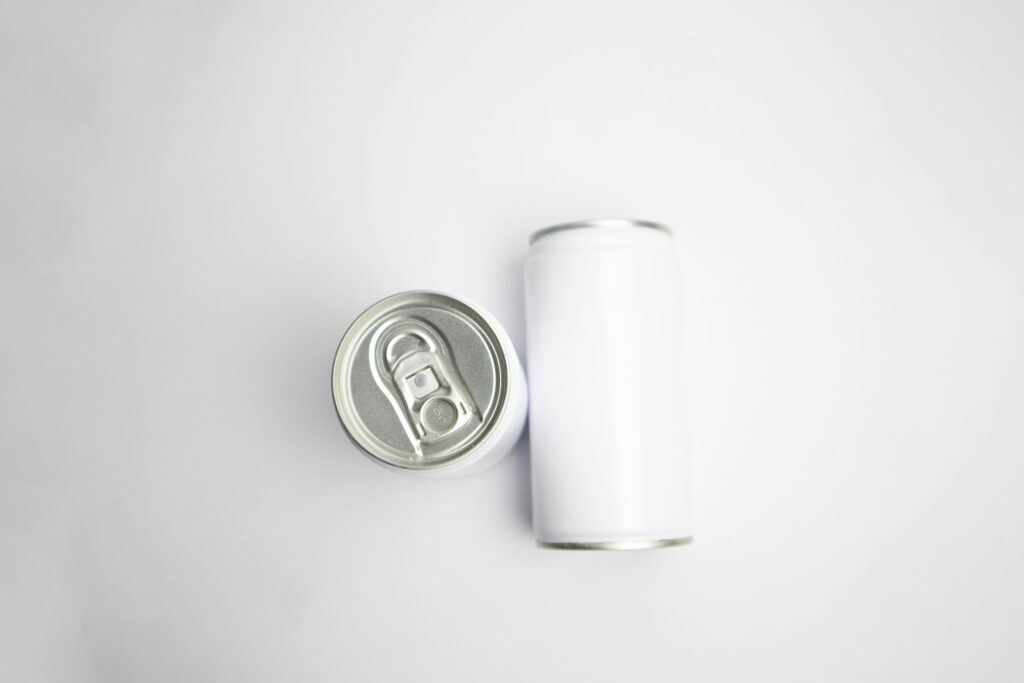The Love Energy Savings Awards return for a second time after a successful inaugural year in 2015. And once again, the awards are dedicated to recognising the achievements of businesses large and small across the UK who are striving to become greener.
Last year’s winner of the Innovative Saver Award was Bolton Market which was crowned largely because of a commitment to become more energy efficient and cut spending in the process in order to completely transform the business.
Bolton has gained a reputation for being home to one of the busiest and most popular markets in the country. Following a £4.5m refurbishment in 2013 after being named the best food market in Britain in 2011, the market, which is owned by Bolton Council, has become home to more than 250 traders. People travel from miles around to browse the offerings, which can range from freshly caught fish and organic fruits and vegetables, to unique clothes and jewellery.
For its entry into the first ever Love Energy Savings Awards, Bolton Market’s management team identified that one of its biggest sources of waste was cardboard. With such a large number of traders, a huge amount of cardboard waste is expected, but the vast majority of that was being thrown into landfill rather than recycling. Because cardboard takes up so much room, placing it in recycling bins instead means higher charges for removal so an alternative had to be found.
In a nutshell, the initial idea was to introduce a cardboard baler. When traders threw their cardboard waste inside, it would crush and compress the cardboard to almost 60% smaller than its usual volume. By creating small cubes that could be neatly stacked for pick up, the market was able to slash their waste disposal expenditure and make recycling easier. It was a win-win.
So how did they do?
‘It’s a problem that no longer exists,” explains Peter Entwistle, general manager of Bolton Market. ‘I’m really pleased with the way it all turned out because it really was a massive success and it’s going from strength to strength.’
In 2015, Peter predicted that they would save £12,000 over the year just by cutting back their cardboard waste. In fact, they managed to save at least £17,000 on their waste bill.
Following last year’s win, Bolton Market identified its biggest challenge was changing the attitudes of traders; getting them out of the habit of throwing waste straight into bins that go to landfill.
‘It was such a huge change for the traders, so obviously the biggest problem we faced in the beginning was changing their attitudes on which bins to use, which was a struggle but we did it,’ says Peter. ‘It was a long, slow process but we got there in the end. The traders did us proud. We introduced more recycling bins around the market to place their waste in, to make it easier and less impactful on their day to day running of the market, so we introduced more bins so they were able to recycle properly.’
What does the future have in store?
The efforts of Bolton Market’s management team didn’t start and end with cardboard. While the changes they implemented have proven to be highly successful, almost as soon as the cardboard baler was introduced, they started work on new initiatives.
After expressing a wish last year to start recycling polystyrene boxes, the team put their plans into action almost immediately, and there is now a polystyrene baler on site too.
‘This has been a much slower process,’ Peter comments. ‘It’s not generated an income stream in the same way as the cardboard baler has, but at the same time it’s helped us to reduce the amount of polystyrene waste that is going into our general bins.’
Without giving too much away, Peter has described his vision for the future of the market, part of which involves exploring the idea of rainwater harvesting, which can be recycled and used to flush customer and trader toilets. They are currently exploring options for storing the water container, and Peter says it would massively reduce the market’s water consumption.
He adds: ‘I’m really pleased with the way it all turned out because it really was a massive success and it’s going from strength to strength. We’ve actually got to the point where traders are asking us how they can recycle other waste materials like wood or scrap metal, so they’ve really got on board with the whole idea.’
- To nominate a business for a prize in the 2016 Love Energy Savings Awards, please click here and fill in the simple form
















